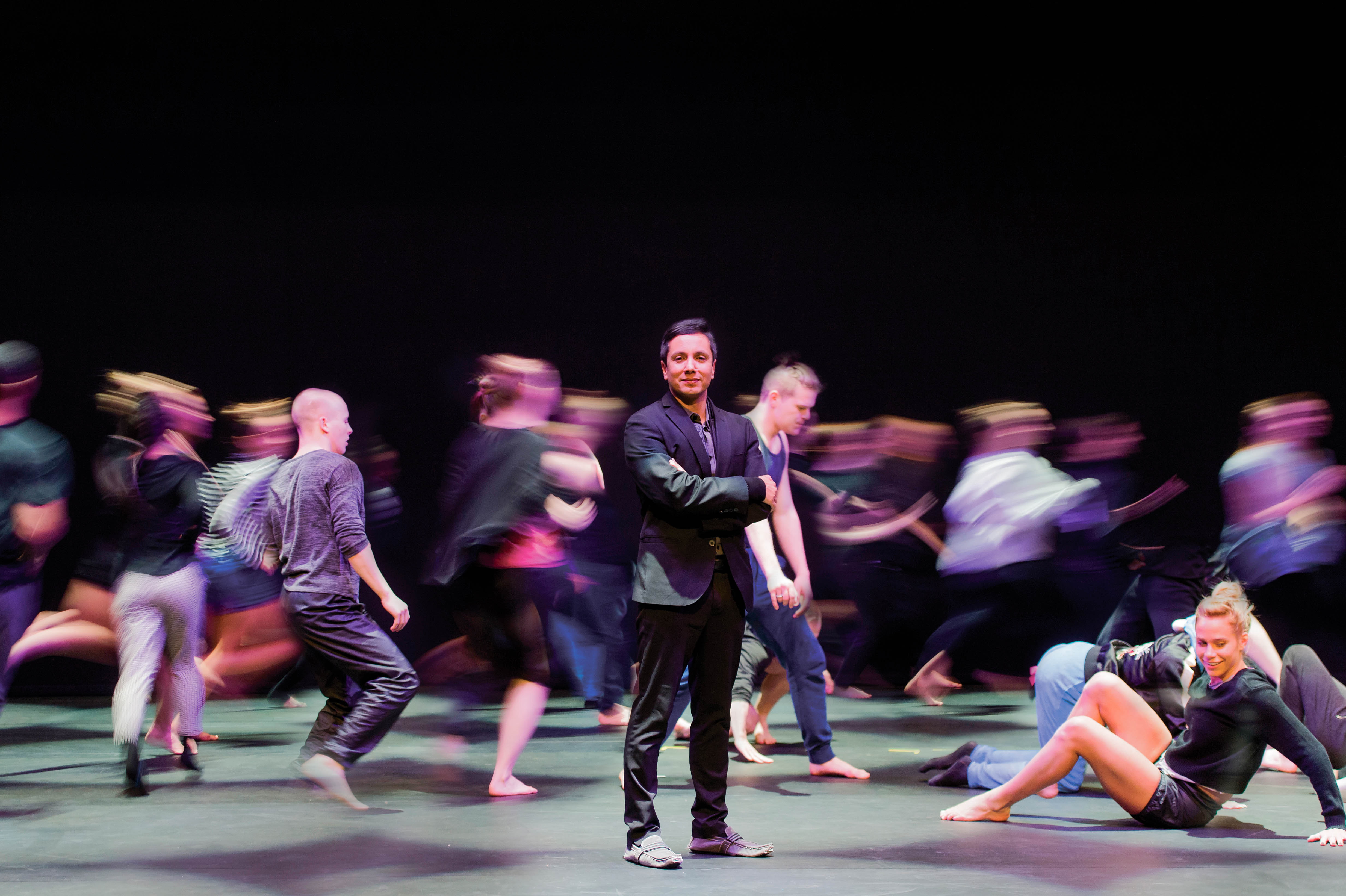Recently in the news, there has been one topic above all that is taking up headlines: Syria. The U.S. government declared with high confidence that the Syrian government carried out a chemical attack in the suburbs of Damascus on Aug. 21, 2013 that had left 1,429 people dead with 426 of them being children. Obama has made it clear that limited military action would be taken in order to prevent another chemical attack.
There is another president that thinks quite differently. Russian President Vladimir Putin has “long-standing strategic and financial interests in Syria,” according to Krishnadev Calamur, in the NPR article “Who Are Syria’s Friends and Why Are They Supporting Assad?”
Putin does not want any military strike against his ally and is willing to do anything to prevent one.
Calamur writes: “Russia and China are almost certain to block any U.N. resolution that could be used to authorize force against the government of Syrian President Bashar Assad. The two countries, along with Iran, are helping Syria ‘politically, militarily — and also economically,’ in the words of Syrian Deputy Prime Minister Kadri Jamil.”
But who exactly is this Russian President, and why are Russia and the U.S. in such high tension?
Vladimir Putin was born on Oct. 7, 1952, in Leningrad (now St. Petersburg), Russia. He graduated college in 1975 from Leningrad State University and began his political career at the KGB as an intelligence officer positioned mainly in East Germany until 1989.
He was involved in many other political occupations until 1999 when former president Boris Yeltsin resigned and appointed Putin acting president until official elections in 2000.
On Sept. 11, 2001, Putin declared Russia a U.S. ally after the 9/11 attacks but soon announced his opposition to the U.S.’s War on Terror, which involved getting rid of Saddam Hussein.
In 2004, Putin was elected president once again, but due to term limits, running for presidency in 2008 was not possible, so he became prime minister. Dmitry Medvedev won the Russian presidency in 2008.
In 2012, Vladimir Putin ran for the presidency again and was re-elected on March 4 for the third time. His inauguration was held on May 7, 2012.
Putin has had many controversial issues during his presidency. In 2012, he signed a law banning U.S. citizens from adopting Russian babies. Many U.S. citizens that were in the final phases of adopting a baby were left in a colossal mess when the law took effect on Jan. 1, 2013.
Later in 2013, Russia gave the NSA leaker Edward Snowden asylum creating even more tension between Russia and the U.S. President Barack Obama canceled a meeting he had planned with Vladimir Putin in August.
Another issue that has caused international controversy was the anti-gay laws in Russia. Putin has made it illegal for gay couples to adopt alongside placing a ban on promoting “nontraditional” relationships to minors.
The most recent point of tension between the U.S. and Russia has been Syria. The two powerful countries’ opinions on the issue could not be more different.
There seemed to be no hope for the two countries to work together until Monday Sept. 9, when Secretary of State John Kerry told reporters in London that if the Syrian government was willing to submit all chemical weapons to international control it might help to prevent a military strike.
Kerry’s simple “slip-off” has introduced a new idea and maybe Russia and the U.S. will have no choice but to work together after all. With tensions at a high, it is important that U.S. citizens know as much as possible about the controversial Russian leader.


